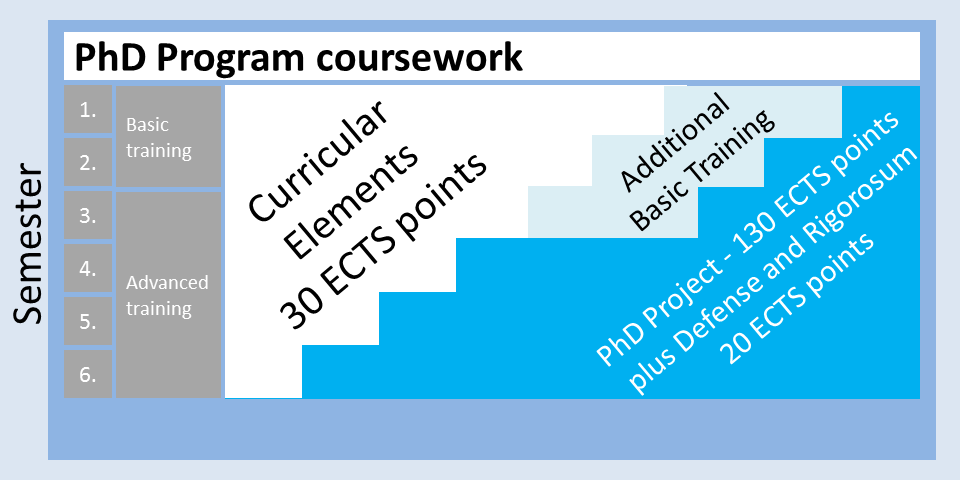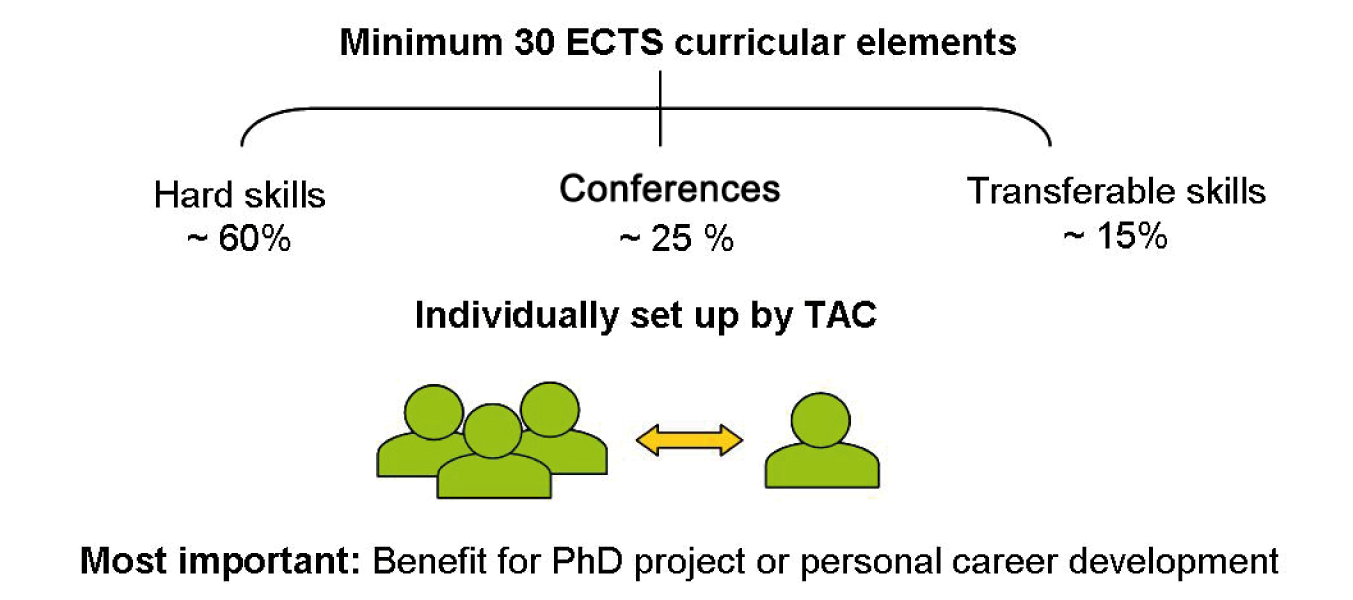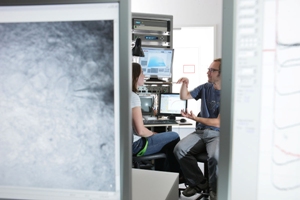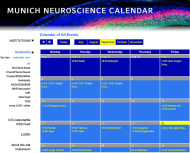GSN Doctoral program overview
What makes the GSN so attractive? 
- Internationally recognized, cutting-edge research opportunities
- Flexible degree structure
- Broad exposure to various research fields
- Support of interdisciplinary research projects
The scientific environment at the GSN operates in one of the neuroscience hot-spots worldwide, offering excellent cutting-edge research opportunities. The structure of a GSN degree program combines seminars and coursework based on individual backgrounds and research goals.
A GSN stipend program supports interdisciplinary PhD research projects, facilitating the interchange of ideas across the fields of neuroscience. Additionally, the GSN offers special stipends for PhD projects in neurophilosophy, a field which is still being developed both in Germany and internationally.
As such, GSN students are always encouraged to make suggestions of special method training workshops or leading scientists they would like to invite for GSN seminars and discussions.
Below is a schematic representation of the GSN training program, followed by a more in-depth program overview.









